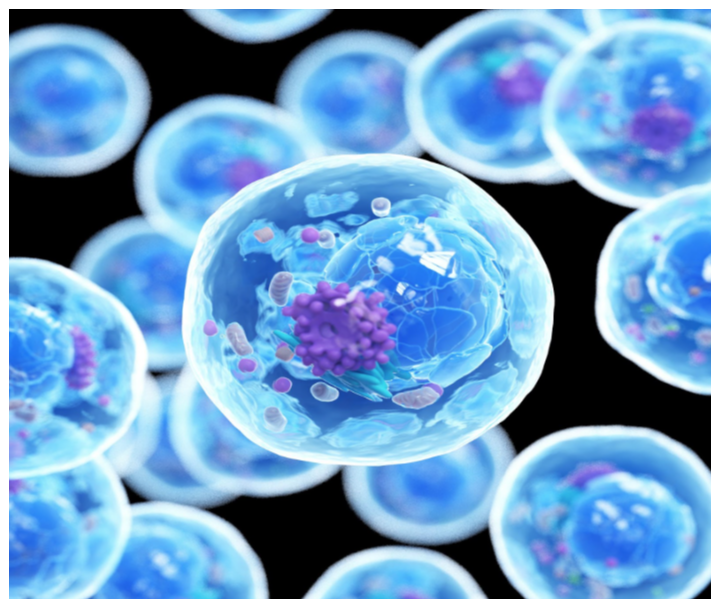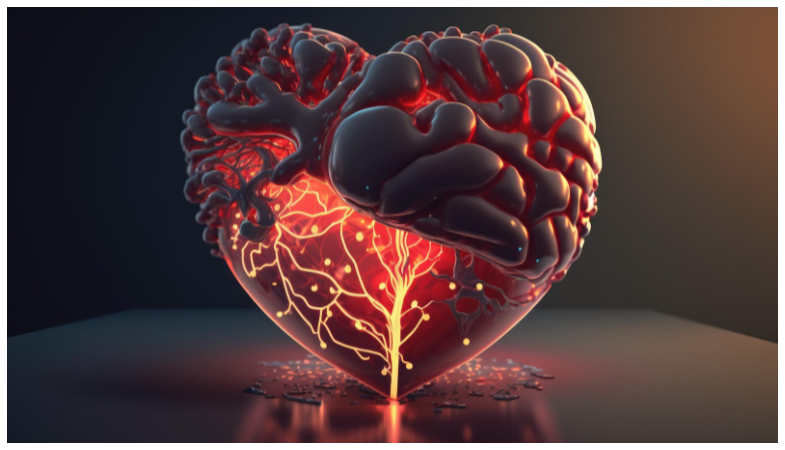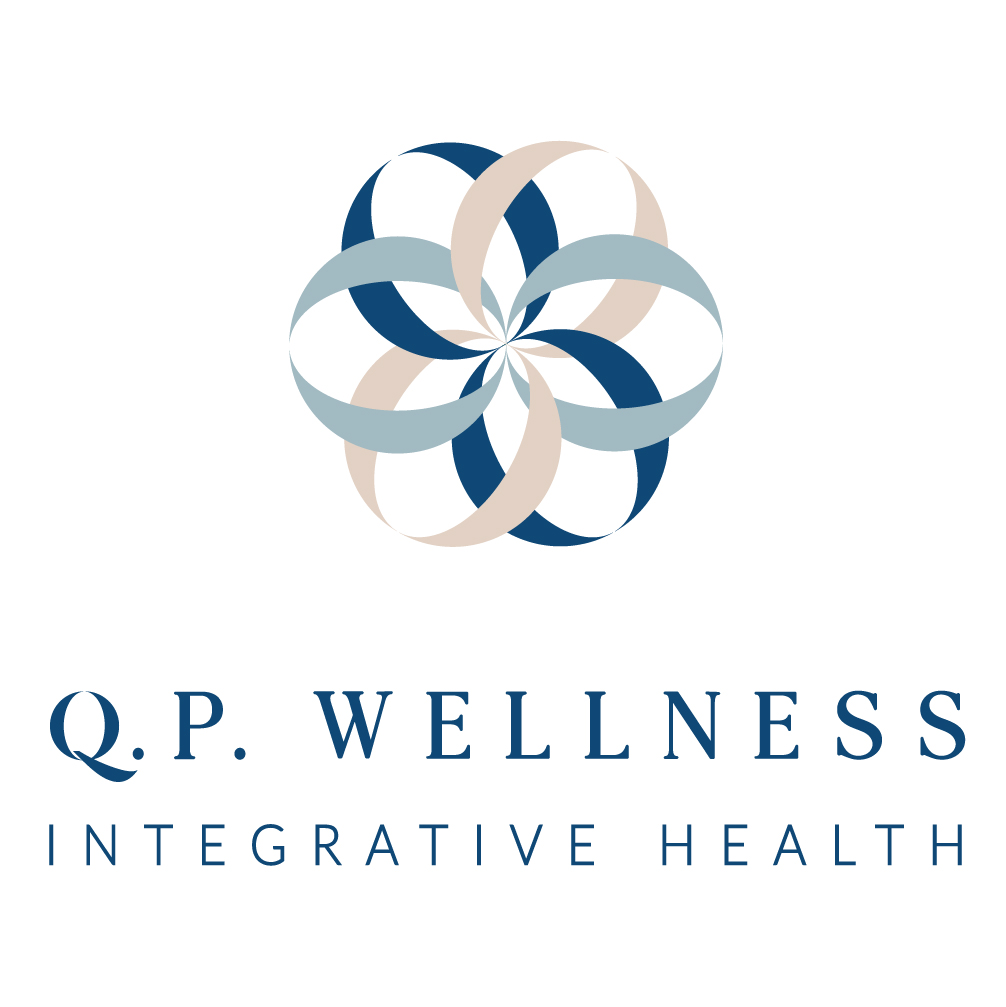The Heart’s Role in Breast Cancer Risk

May 2024
The Heart’s Role in Breast Cancer Risk
Our cellular memory, though silent, has a powerful voice. Hidden stress in the subconscious mind has a documented link to heart attacks, depression, and cancer. The HeartMath Institute (HMI), a renowned research institution, has demonstrated that the heart’s messages to the brain affect psychological regulation and profoundly influence emotions, behavior, and health.

It is the unmanaged emotions, the ones we may not consciously know about, that provide the fuel for chronic illness and disease.
Dr. Douglas Brodie, MD, was a pioneer in integrative cancer treatment. His groundbreaking research identified specific personality traits and stressors that consistently manifest in cancer patients, marking a significant stride in the comprehension of cancer beyond biochemistry. His findings are known as:
“The Cancer Personality”
The HeartMath Institute’s research concluded that the heart’s unique intelligence significantly influences our perceptions and emotions. Its intrinsic nervous system transmits more signals to the brain than the brain reciprocates. Most notably, the heart possesses short-term and long-term memory, a fascinating aspect of its operation that sets it apart from other organs. The heart and the brain are rhythmic, engaging in a complex interplay within the body’s operation.
Undoubtedly, we hold lifelong emotions in our heart, recorded as positive and negative energetic imprints. On occasion, you may have experienced that your heart:
- Flutters with happiness
- Races with excitement or fear
- Breaks with sadness or despair
- Aches with the death of a loved one
- Hurts when we hear about a tragedy
- Keeps on letting us know the trauma is there
Dr. Brodie defines seven elements of the cancer personality as:

- Highly conscientious, dutiful, responsible, caring, hard-working, and usually of average intelligence.
- Exhibiting a strong tendency toward carrying other people’s burdens and taking on extra obligations, often “worrying for others.”
- Having a deep-seated need to make others happy, tending to be “people pleasers.” Having a great need for approval.
- Displaying a lack of closeness with one or both parents, sometimes later in life, which sometimes results in a lack of closeness with a spouse and others who would typically be close.
- Harboring long-suppressed toxic emotions such as anger, resentment, and/or hostility. Typically, the cancer-susceptible individual internalizes such emotions and has great difficulty expressing them.
- Reacting adversely to stress, often unable to cope adequately. Usually experiencing an especially damaging event about 2 years before the onset of detectable cancer. The patient is unable to cope with this traumatic event or series of events, which comes as a last straw on top of years of suppressed reactions to stress.
- Showing an inability to resolve deep-seated emotional problems and conflicts, usually arising in childhood, often unaware of their presence.
The first emphasis of my program, “Minimizing Risk of Breast Cancer Recurrence,” is emotional healing. In Dr. Brodie’s seven elements, numbers 5, 6, and 7 stand out.
In his research, Dr. Ryke Geerd Hamer proposed that each cancer has trigger events and causes.
Left-side breast cancer: Conflict concerning Child, Home or Mother
Right side breast cancer: Conflict with Partner or Others
Both doctors’ observations may or may not resonate with you. However, if you can relate to any of them, know that it is never too late to shift your mindset and process those unattended emotions.
The goal is to move beyond silent but destructive energy so it doesn’t contribute to chronic illness, disease, or breast cancer.
Heal Your Heart!
Are you ready to minimize your risk of breast cancer or recurrence

https://qpwellness.com/consultations/
Minimizing Risk of Breast Cancer Recurrence©
Aging, Thriving, & Confident Toward a Century Young©™
Live Life- Embrace Health
Dr. Gerda
Disclaimer: The information in this blog is intended for educational purposes only. As a Board-Certified Doctor of Natural Medicine and Functional Diagnostic Nutrition Practitioner, I do not diagnose or treat disease, an area well attended by licensed physicians. Instead, I identify healing opportunities within the body. Once identified, function and health may be restored by rebalancing the underlying causes and conditions of health challenges. Rebalancing the body’s systems can be a proven stabilizer adjunctive to medical protocols. Not all recommendations may be appropriate for everyone. Due diligence and a consultation with your physician before engaging in alternative concepts or protocols are recommended.
References
https://www.alternative-cancer-care.com/index.html
https://www.abbott.com/corpnewsroom/healthy-heart/heart-emotion.html
https://www.heartmath.org/resources/videos/heart-and-brain-relationship
https://www.healingcancer.info/old/DouglasBrodie.htm
https://www.abbott.com/corpnewsroom/healthy-heart/heart-emotion.html
https://www.heartmath.org/resources/videos/heart-and-brain-relationship/
https://www.heartmath.org/research/research-library/relevant/pain-is-it-all-in-the-brain-or-the-heart/
This blog is not AI-generated
Dr. Gerda Edwards, PhD
Doctor of Natural Medicine
Functional Diagnostic Nutrition Practitioner
Certified Holistic Cancer Coach
